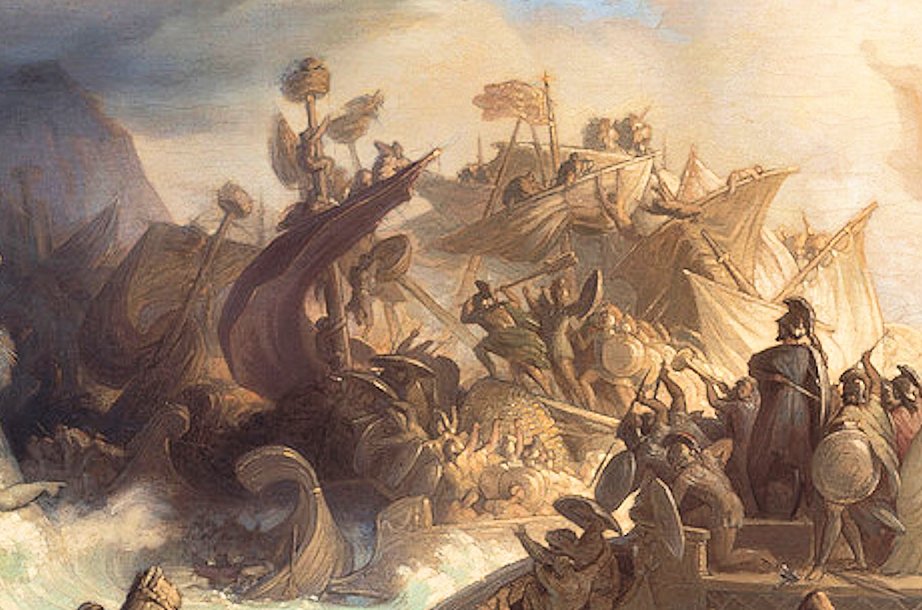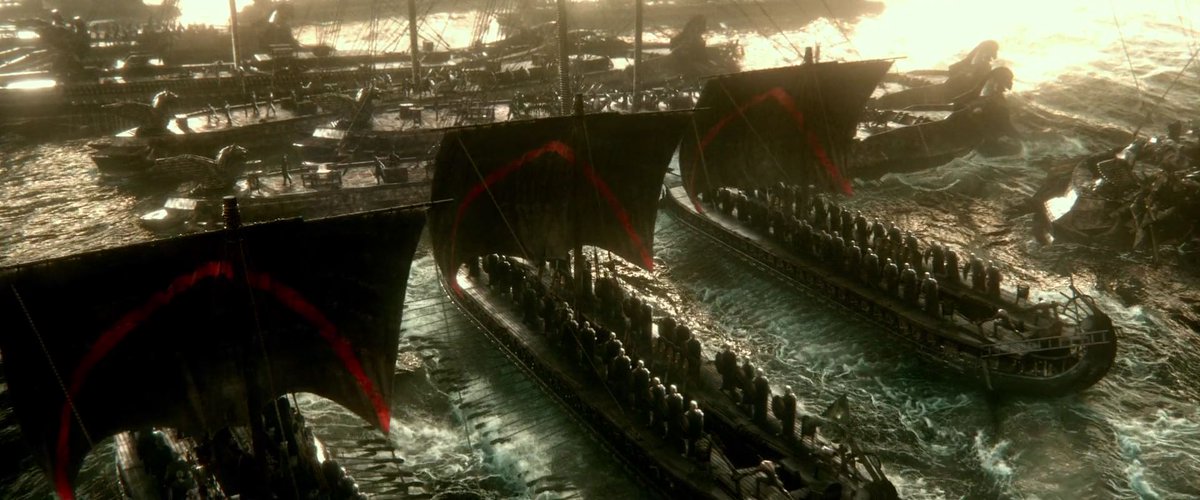
Watching the recent scenes in the U.S.A. we saw the Spartan iconography once again. So, if you are wondering what a Spartan may have made of such an event, let's take a look 1/10 



First things first, #molonlabe is not a thing. Leonidas did not say it, and Spartans did not agree with citizens or anyone else bearing arms around the city . . . what if the helots got hold of them! 2/10
badancient.com/claims/molon-l…
badancient.com/claims/molon-l…
Next, Sparta was not a democracy - you did not really get a say on who was to be the figure head of the sate (the two kings). If you did challenge it, you better be a great military commander like Lysander, AND have a good oracle proclamation to back it up! 3/10
Spartans hated political dissent. Hated it.
A Spartan man called Cinadon felt hard done by and organised a coup, only to be caught before he could finish the job, here is what happened to him . . . 4/10
A Spartan man called Cinadon felt hard done by and organised a coup, only to be caught before he could finish the job, here is what happened to him . . . 4/10
'His hands were bound and a collar was placed around his neck, and he and those with him were led around the city, struck with whips and goads as they went. In this way these men received their punishment.' Xenophon, Hellenica 5/10
Spartans also hated individuals with too much power and popular support: the classic has to be the commander Brasidas, who was refused reinforcements during the Pelop. War, in part, because he was too successful . . . TOO SUCCESSFUL! 6/10
We also have the Spartan Clearchus, who became a tyrant of Byzantium. Refusing to give up his rightful power, so he felt, the Spartans sent an army against him.
Clearchus sent his own forces out to meet them, but lost, and he fled to the Persian prince Cyrus the Younger. 7/10
Clearchus sent his own forces out to meet them, but lost, and he fled to the Persian prince Cyrus the Younger. 7/10
To a Spartan, the law was paramount. No individual was above it - not even the kings themselves. If you were told to leave, you left. If you were removed from power, for any reason, you should not try to cling to it or else bad things would happen. 8/10
For the Spartans, this kind of civil unrest, and political de-stability, was something you created in other states . . . preferably democratic ones. Not in your own. 9/10
Of course ancient Greek democracies had their own dealings with internal dissent and sedition too. See @Roelkonijn great take here on @askhistorians 10/10
reddit.com/r/AskHistorian…
reddit.com/r/AskHistorian…
tl;dr These fanatics are not Spartans, Spartans would think they are stupid and dangerous.
images from @SpenceMcDaniel @profyarrow
• • •
Missing some Tweet in this thread? You can try to
force a refresh







